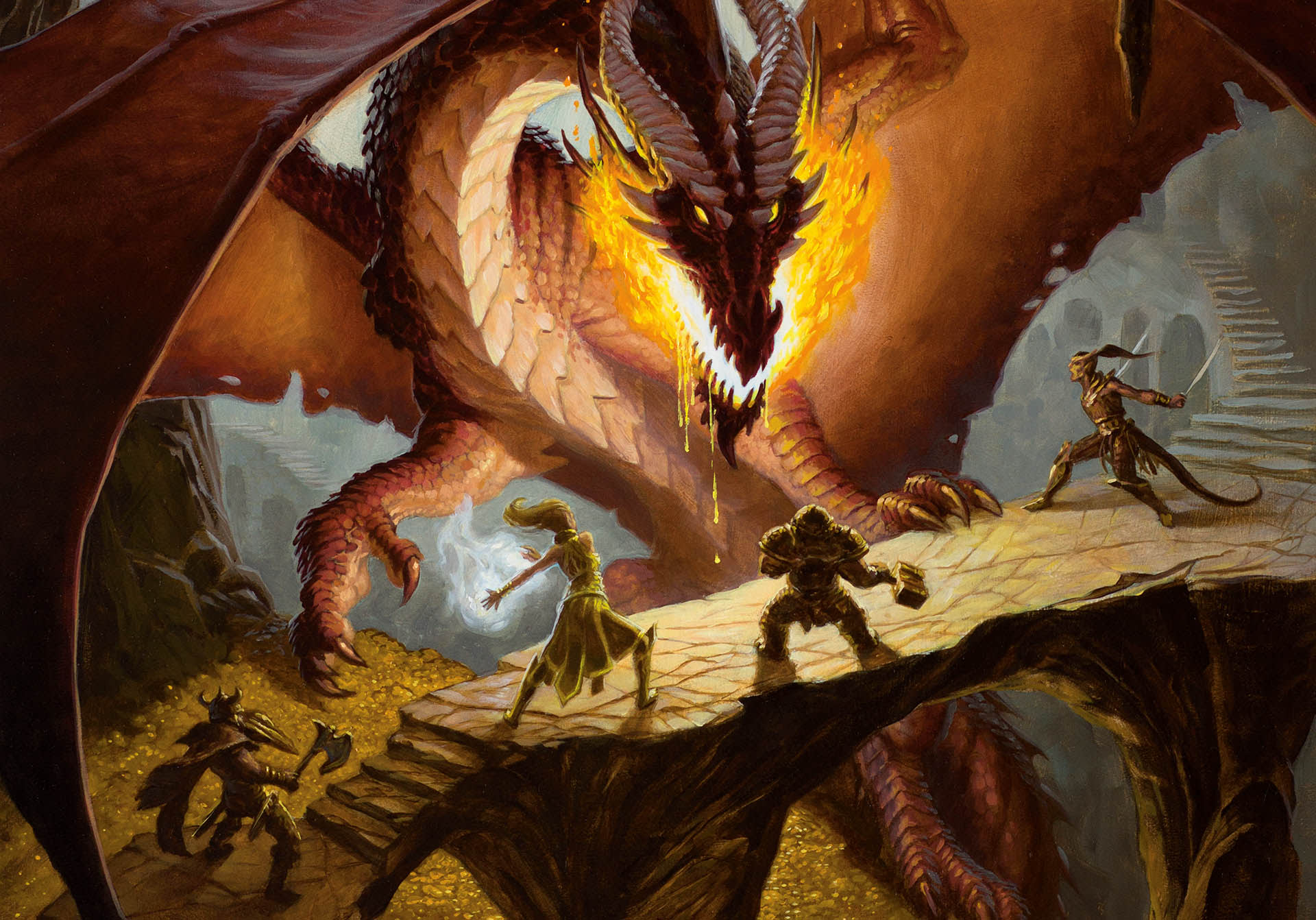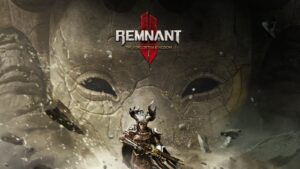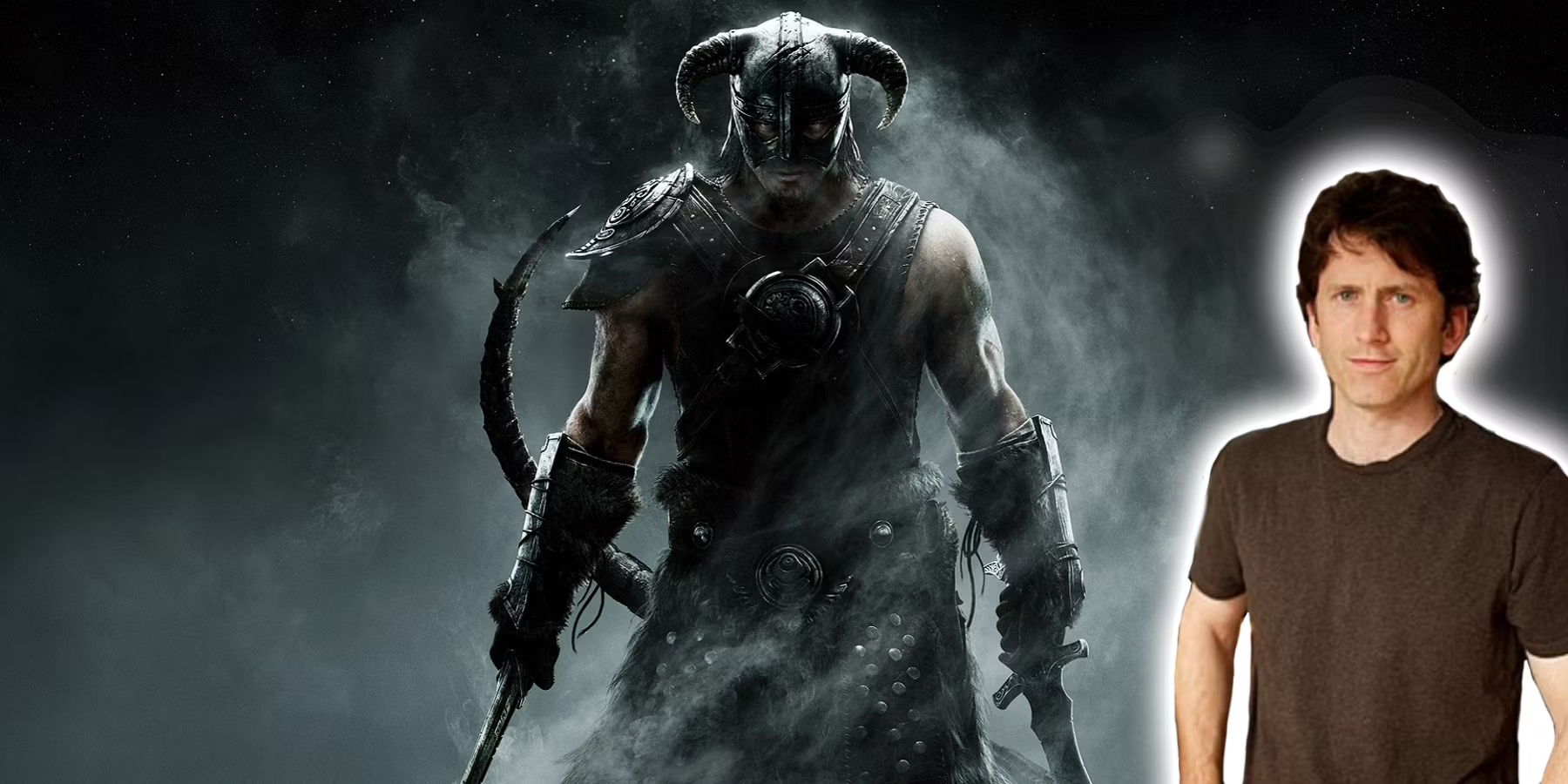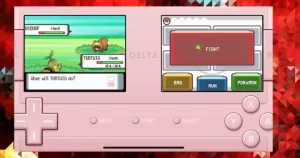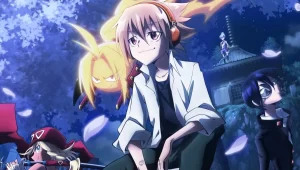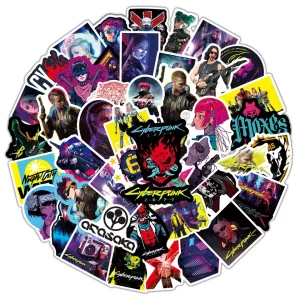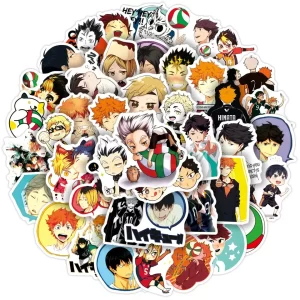It appears that there is a significant change coming to the tabletop gaming industry based on leaked documents indicating that Wizards of the Coast, a subsidiary of Hasbro and publisher of D&D and Magic: the Gathering, plans to implement a more restricted Open Gaming License (OGL).
This OGL has been in place for over 20 years and has enabled third-party publishers and individuals to produce content for Dungeons and Dragons using the game’s rules. This license has been instrumental in allowing various creators, including large publishers like Paizo, the creator of Pathfinder, to thrive in the tabletop gaming industry through platforms such as Kickstarter. However, the proposed changes to the OGL may affect the ability of these parties to continue creating and distributing their own D&D content.
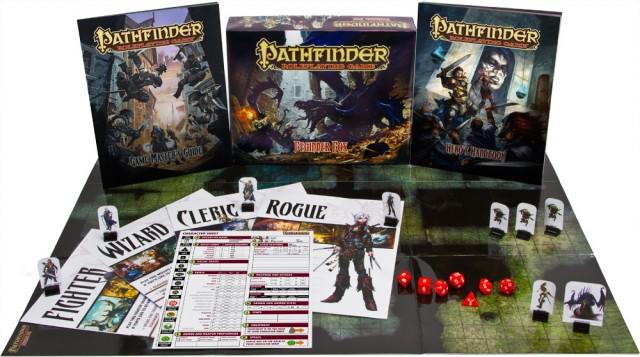
The new version of the OGL, known as OGL 1.1, includes several changes to the Dungeons and Dragons policy, including the requirement that creators register any products they are selling with Wizards of the Coast. In addition, the new agreement includes a royalty of 20-25% that must be paid to Wizards by license users who earn more than $750,000 in a year. The agreement also gives Wizards a “non-exclusive, perpetual, irrevocable, worldwide, sub-licensable, royalty-free license” to use content created with the OGL for any purpose. This new agreement would require all creators to adopt OGL 1.1, despite the current version stating that such a change could not be imposed on creators.
Wizards Response
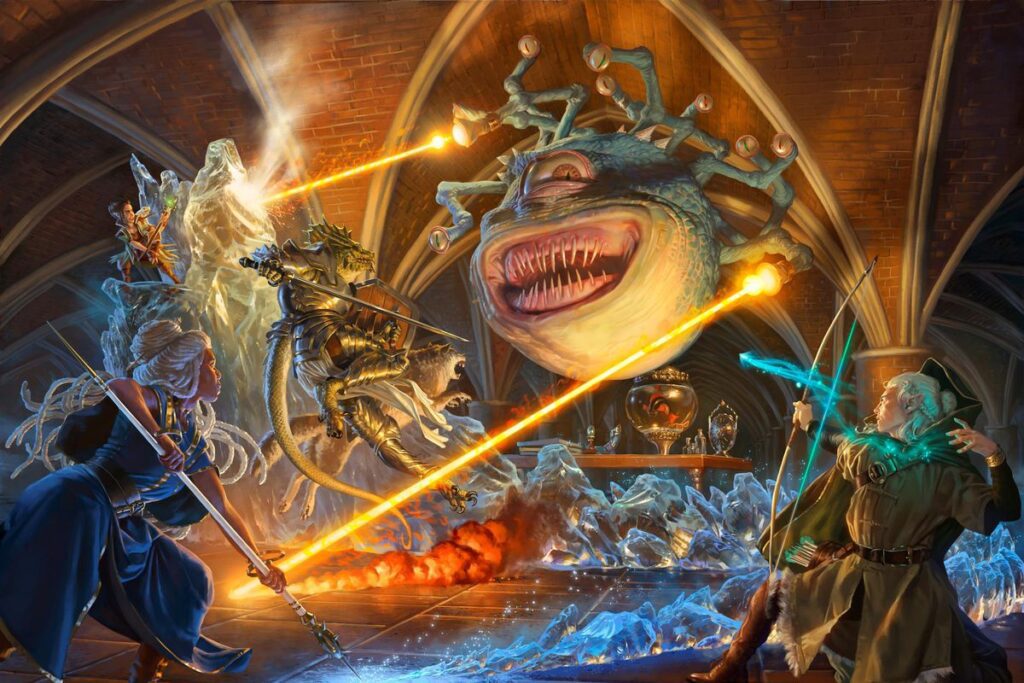
Wizards of the Coast has issued a statement saying that the Open Gaming License (OGL) is not being eliminated. The statement, which was made on the D&D forum in response to backlash from fans, said that individuals will still be able to create and publish new Dungeons and Dragons content and play with friends and followers. Wizards of the Coast emphasized that creators who publish through platforms such as Kickstarter and DMsGuild are an integral part of the D&D community and will continue to be supported and encouraged.
The OGL is not going away. You will still be able to create new D&D content, publish it anywhere, and game with your friends and followers in all the ways that make this game and community so great. The thousands of creators publishing across Kickstarter, DMsGuild, and more are a critical part of the D&D experience, and we will continue to support and encourage them to do that through One D&D and beyond.
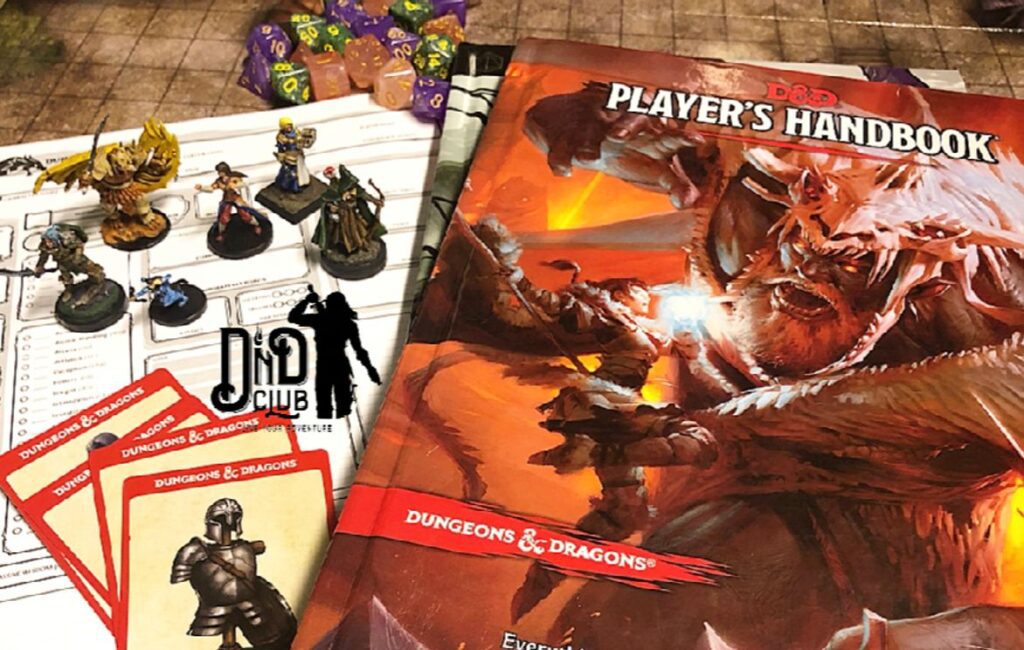
However, the leaked draft of the OGL 1.1 seems to contradict this statement and suggests that the changes are intended to hinder competitors like Green Ronin Games, which sells products that use the OGL.
Hasbro Under Pressure
In the OGL 1.1, Wizards states that the Open Game License was meant to allow the community to help grow and creatively expand Dungeons and Dragons, but it was not intended to support major competitors, especially in the era of digital distribution. The company has been seeking to control the OGL as alternatives to D&D, such as Pathfinder, have gained popularity. The changes to the OGL come as parent company Hasbro is under pressure to increase revenue. The CEO of Hasbro recently described D&D as “under monetized” and expressed interest in creating “recurring spending” similar to what is seen in digital games.
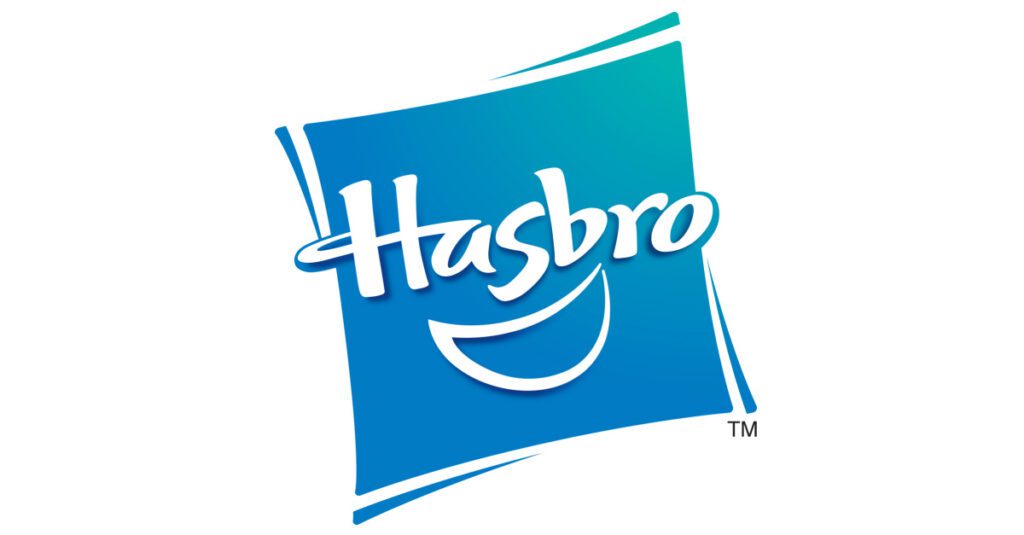
The leaked document has been given credibility due to a tweet from the Kickstarter Director of Games, who said that Kickstarter advocated for creators and was able to secure a lower royalty percentage and other changes in discussions with Wizards of the Coast. When reached for comment, Wizards of the Coast declined to provide further information and referred to their statement on D&D Beyond.
Reception and Backlash
The draft of the OGL 1.1 has caused concern among fans and creators of tabletop games. Although there are some creators that don’t anticipate a negative impact due to the 1.1 change, the majority seem to disagree.
Nerd Immersion, a YouTuber and creator of D&D content, said that the changes to the OGL could lead to an increase in the popularity of other tabletop games and systems, and some creators may even design a new, replacement game system. Publishers like MCDM, which produces supplements for D&D, have said that they do not believe the OGL 1.1 will affect their products, but if it does, they will inform the community.
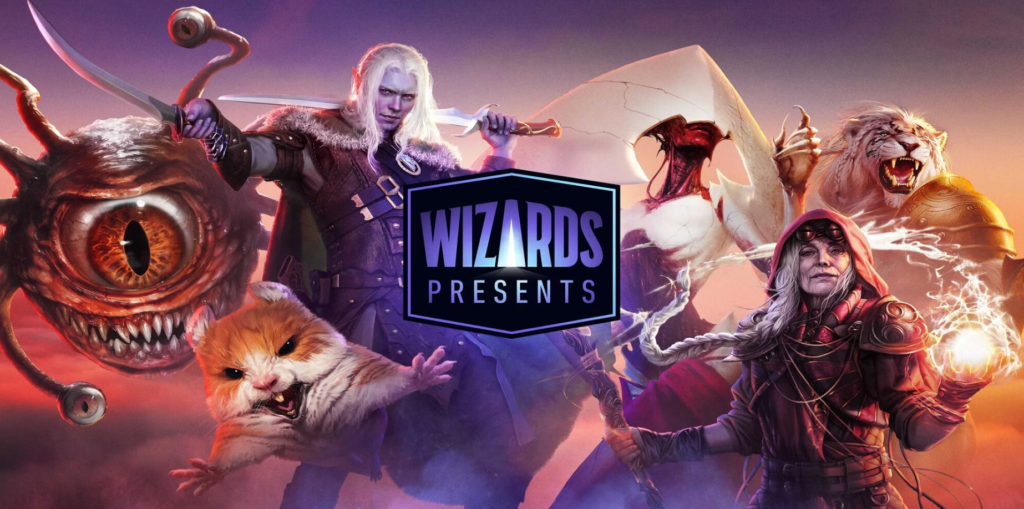
Pat Mooney, the Lead Designer at Flagbearer Games, told IGN that the clause in the new OGL that gives Wizards of the Coast the right to use any content created with the OGL, royalty-free and indefinitely, is particularly concerning. Mooney plans to Kickstart a sourcebook on the American Revolution in the spring and is worried that, under the OGL 1.1, Wizards could republish all of his writing at their discretion.
Learn More about the OGL Controversy
Tyler A. Thompson, an attorney representing games publishers Sad Fishe Games and Prudence Holdings, both of which rely on the OGL, has written to Wizards warning that his clients will prepare for litigation if the planned changes to the OGL 1.1 are not clarified. Wizards has said that it is “open to being convinced” that the changes it is proposing are incorrect.
Conclusion
In conclusion, the proposed changes to the Open Gaming License (OGL) by Wizards of the Coast, known as OGL 1.1, have caused concern among fans and creators of tabletop games. The new agreement includes requirements such as registering products with Wizards of the Coast and paying a royalty of 20-25% to the company for license users who earn more than $750,000 in a year. It also gives Wizards the right to use any content created with the OGL for any purpose. These changes have been met with backlash from the gaming community as they may hinder the ability of creators to produce and distribute their own content for Dungeons and Dragons.
While Wizards of the Coast has issued a statement saying that the OGL is not being eliminated and that the company will continue to support creators, the leaked draft of the OGL 1.1 suggests that the changes are intended to obstruct competitors and increase revenue for Hasbro. It remains to be seen if the OGL 1.1 will be implemented, as Wizards has indicated that it is open to being convinced that the proposed changes are incorrect.




